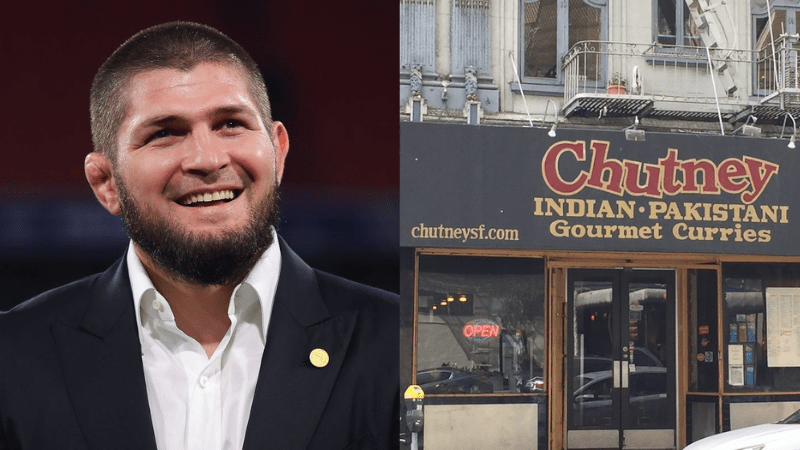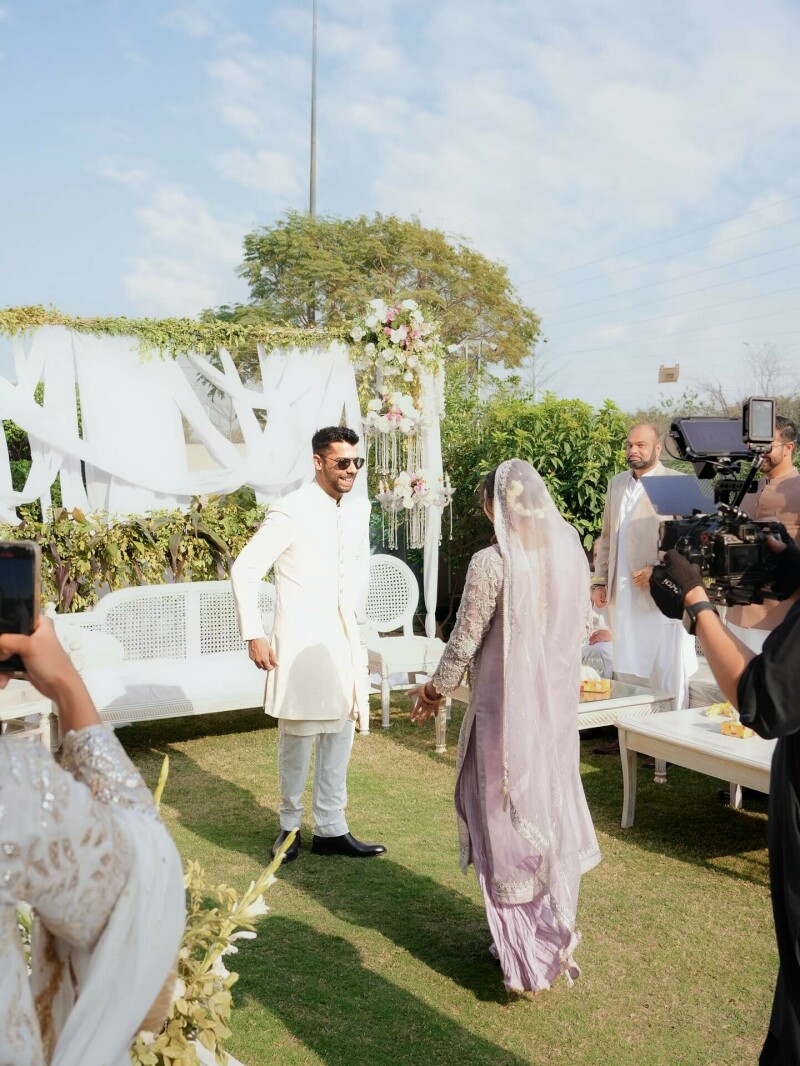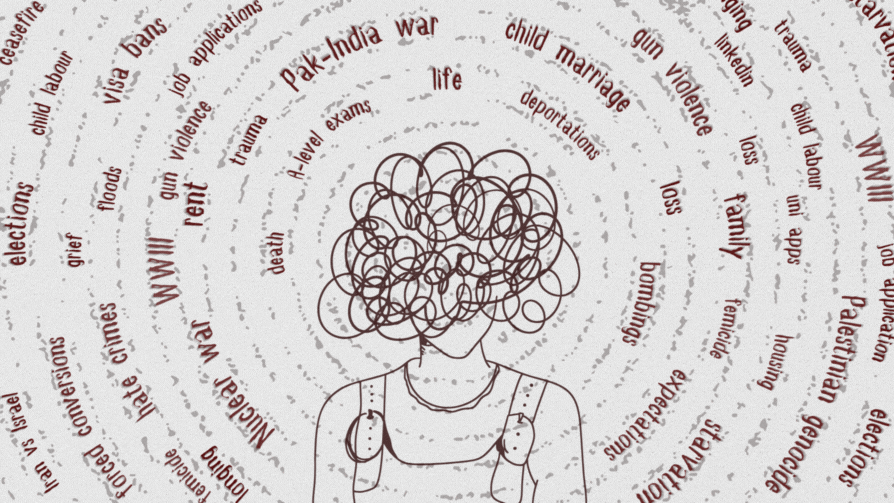Diljit Dosanjh clearly couldn’t care less about backlash over Hania Aamir being in Sardaar Ji 3
When the trailer for Sardaar Ji 3 dropped this Sunday, it wasn’t just the reveal of Hania Aamir as the female lead that caught everyone’s attention — it was also the unbothered way Diljit Dosanjh shared it on his social media pages.
“Sardaar Ji 3 releasing 27th June overseas only. Fadh lao bhoond dian lattan,” the singer-actor captioned the post, making it clear he wasn’t here to play politics — or even entertain it. Aamir also shared the trailer to her Instagram stories, writing, “Pindi boys agaye oye (Pindi boys have arrived)!”
The trailer drop comes after a wave of backlash from Indian film authorities at the hint of Dosanjh including Aamir in the film. The Federation of Western India Cine Employees (FWICE) threatened to oust him from Bollywood for including Pakistani actors like Aamir, Nasir Chinyoti, Daniel Khawar and Saleem Albela in the horror-comedy.
FWICE even called for the Central Board of Film Censors to deny the film certification. It was a familiar move in a post-Uri, post-Balakot, post-Pahalgam India, where banning Pakistani artists has become a recurring ritual.
While many wondered if Sardaar Ji 3 would undergo recasting or if Aamir’s role would be axed altogether, the trailer confirmed what most of us suspected — Aamir is in it, front and centre, ghost-busting alongside Dosanjh in a haunted UK castle. And not only is she in it, she’s in it with full Dosanjh-style swagger and screen space.
Instead of bowing to calls for censorship or reshuffling the cast in post-production purgatory, the makers simply geo-blocked the trailer in India and carried on. The film won’t release in India, but that doesn’t seem to matter to them. As Dosanjh’s Instagram post suggests, he’s taking the film global — to the diaspora, to the world, to wherever Punjabi cinema fans are.
It’s a bold move, but not a surprising one from someone like Dosanjh, who has long operated with one foot in Bollywood and the other firmly in the Punjabi music and film industry, independent and thriving.
He has said nothing directly in response to the political noise surrounding the film. In fact, he’s said nothing at all. But by continuing with the film’s release, he’s said everything. His quiet confidence seems to suggest a clear refusal to allow politics to weaponise his art or dictate his creative decisions — especially when that art was created before the current wave of conflict began.
If there’s one thing this moment proves, it’s that Dosanjh refuses to let art become collateral in political conflict even as the Indian government doubles down on censorship and bans, most recently pulling Pakistani songs off Spotify and halting the release of Fawad Khan’s Abir Gulaal.
At a time when cross-border collaborations are effectively shut down, Sardaar Ji 3 has become something of a cinematic anomaly. And rather than retreat from the controversy, Dosanjh has leaned into it with trademark cool — keeping comments on, embracing his global fanbase.
India is a huge market, one where artists like Ed Sheeran are now investing in, and where franchises like Sardaar Ji have traditionally done well. But Dosanjh isn’t just any artist. His reach goes beyond charts and borders. He has performed at Coachella, featured in global fashion campaigns, and starred in films that resonate with Punjabis around the world, not just those in India.
The Indian film industry has, for years, benefited from the creative contributions of Pakistani artists — be it actors, singers or musicians — only to later erase or suppress them when convenient. Remakes of Pakistani songs remain in Bollywood films, often stripped of context and credit, are commonplace, but the moment a Pakistani actor features in a project, the response becomes political.
In that context, Sardaar Ji 3’s overseas release with its original cast intact is not just a “power move,” as fans have dubbed it. It’s the only move that makes sense if you believe in the idea that art should transcend borders. Because if there’s anything the past few years have taught us, it is that there would be no “right time” to release a film starring a Pakistani artist in India.
Of course, not everyone will agree. Some might argue that Dosanjh’s silence in the face of such political tension is a form of complicity. Others will see his move to carry on with the film as unpatriotic. But it’s hard to argue that Dosanjh is trying to make a political statement at all. If anything, he’s doing the opposite, letting his work speak for itself, refusing to entertain the idea that artists should be punished for pre-existing collaborations, and continuing on with the release of a film meant to make people laugh.
That in itself is radical.















Comments